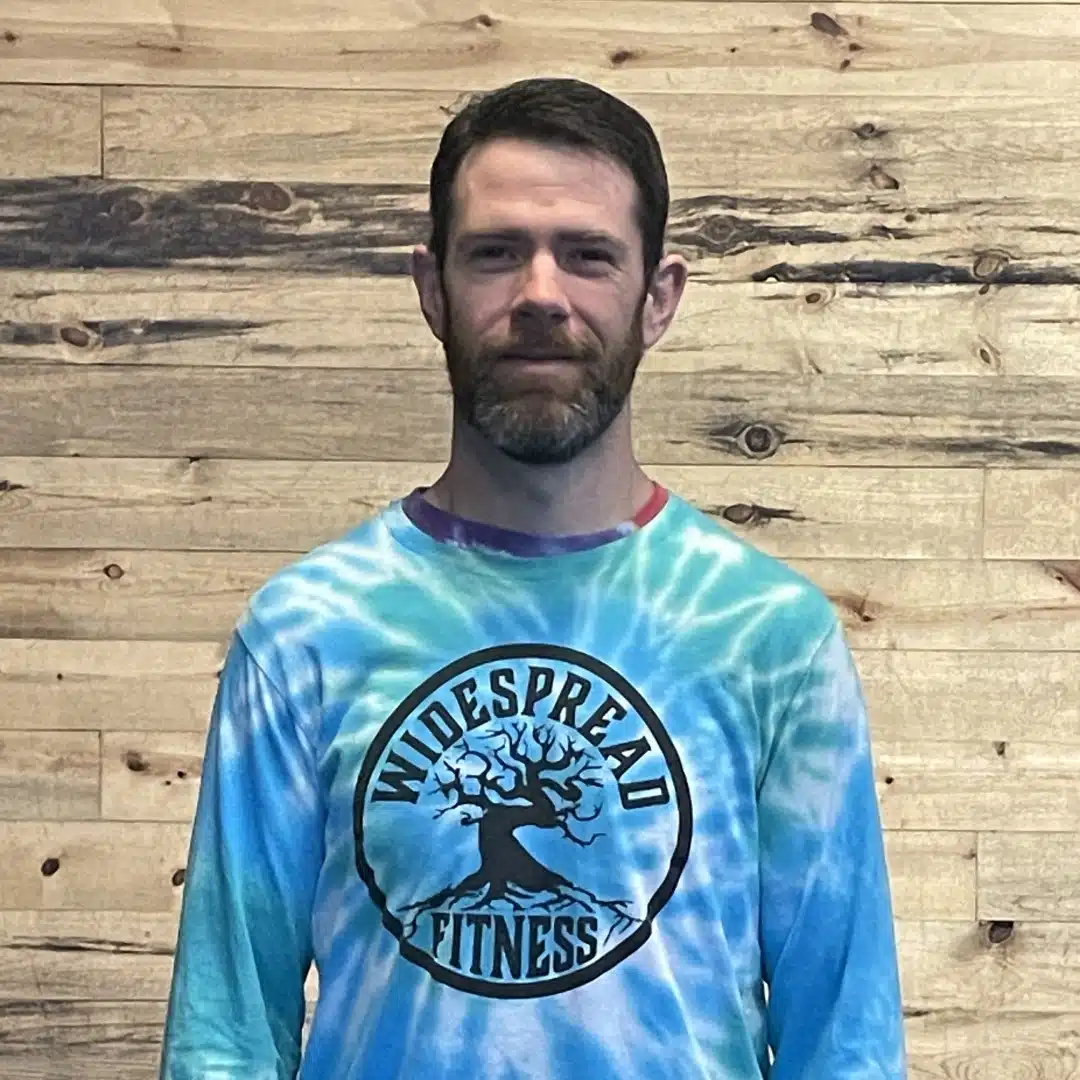Since about 7000 B.C., alcohol has been a staple for gatherings in many cultures. You may have heard that wine can actually be a healthy beverage for your heart, or that a hot toddy when you’re sick makes you get better quickly. Are these claims true? Like most answers: yes and no. It depends on a myriad of things like your genetics and the way your body processes alcohol, additives and the quality of the booze you’re consuming.
So where does this fit into your life? If you’ve ever wondered if you should avoid it all together, or can have a glass or two of your favorite red or microbrew, this article is for you.
Let’s talk about the science of alcohol. What’s in it that gives us that fuzzy feeling? The answer: ethanol. This substance absorbs into our bloodstream and causes a “depressing effect” on the systems in our bodies.Our reaction times slows, stress and anxiety are reduced, and the body altogether slows down.
Weightlifting and exercise in general generate metabolic waste for the body to process. The liver is instrumental in clearing these waste byproducts from the body. If you are working hard in your training you may be putting a hefty load of work on your liver. Make sure that if you are exercising and enjoy a few drinks you are getting ample rest and recovery to keep your body in balance.
There is also the additional calories to consider when it comes to alcohol. If you are trying to lose fat then there is most likely no room in your diet for excess calories. You want your primary calories to come from lean protein, fibrous vegetables, and heart healthy fats. Replacing some of those calories with alcohol put you at risk for nutrient deficiencies. Not only that, but after a few drinks you may become tempted to reach for foods that don’t support your body compositional goals.
Consuming alcohol doesn’t make you unhealthy or a bad person. Just like anything else you consume, it should have can have a place if you are responsible and keep it in balance with your health and wellness goals.










